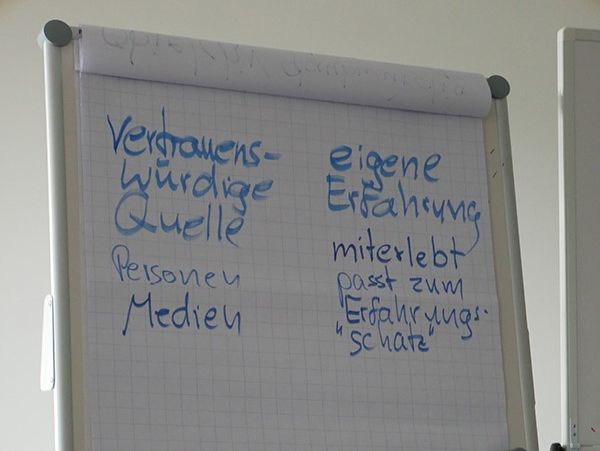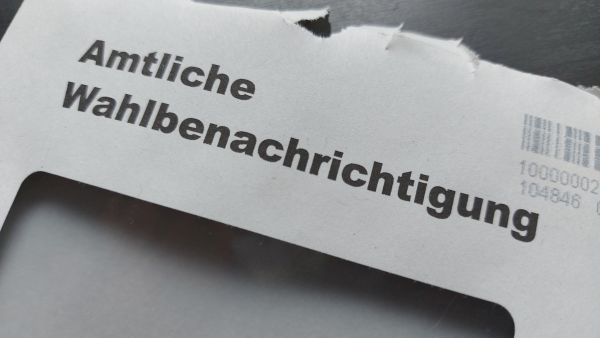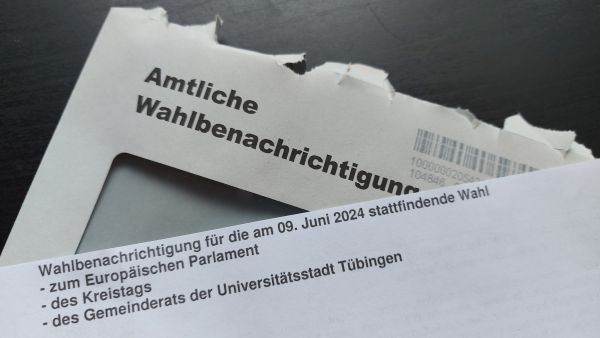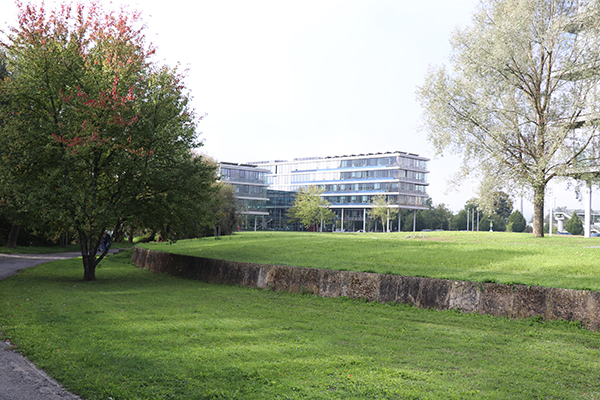By Wolfgang Sannwald
The Ukraine war is also an information war. Currently, statements about journalists and politicians in Europe are circulating in social media. They would allegedly say publicly that blue-eyed and blond war victims from Ukraine are much closer to them emotionally than, for example, those from the Arabic or Persian-speaking regions. This is linked to accusations of racism. The “Deutsche Zentrum für Integrations- und Migrationsforschung” (German Centre for Integration and Migration Research) (DeZIM) investigates developments and trends regarding racism in Germany. It published survey results in its “Nationaler Diskriminierungs- und Rassismusmonitor” (National Discrimination and Racism Monitor) (NaDiRa) on 5 May 2022. According to this, racism does indeed exist in Germany. Among other things, the institute wants to research the extent of racism in Germany.
However, warring parties in Russia’s war against Ukraine can also additionally strengthen accusations of racism. They may try to weaken European states. To do this, they then stir up discord within European states. Those who turn refugee groups against each other or against media and politics create internal strife. The accusation that journalists and politicians favour blue-eyed and blond refugees may have been used in this way. According to research by tünews INTERNATIONAL, the accusation probably goes back to a programme broadcast by the British television station BBC on 26 February 2022. In it, a guest interviewed said: “It’s really emotional for me, because I see European people with blue eyes and blond hair being killed, children being killed every day with Putin’s missiles and his helicopters and his rockets.” Someone trimmed this statement from a longer interview to 27 seconds running time and uploaded it to Twitter. This tweet has been clicked more than four million times. Several influencers and bloggers have incorporated the sequence into longer posts as evidence of racism. In Tübingen, too, the message was received by the allegedly racist media and politicians. The question is: Whose racism can you prove with the quote? The quote does not come from the BBC journalist, nor from any politicians. It comes from an interview guest in a live interview. How come many influencers and bloggers use the quote as evidence of racism from European media and politicians?
Does this have something to do with fake news or even disinformation? Those who spread disinformation make untrue statements in order to influence people. In doing so, they deliberately package untrue statements in such a way that they appear to be true. Martin Steinebach and Michael Kreutzer of the German “Nationales Forschungszentrum für angewandte Cybersicherheit” (National Research Centre for Applied Cybersecurity) (ATHENE) have given evidence of disinformation on the Ukraine war on 10 March 2022. Basically, disinformation is best recognised by the fact that its authors do not adhere to professional journalistic standards. First of all, it is about the person quoted. Journalists make clear who said something and when, in which medium and in which context. Journalists also try to distance themselves from the content or the emotional content of the news. Disinformation, on the other hand, aims to move readers emotionally. Those who want disinformation often choose emotional language or string together emotionalising scenes, images or statements. When “experts” are quoted, the question is: Are they really professionally recognised? On the internet, you can quickly find out whether someone has published in professional journals, for example. You can also enter the keywords of the information and additionally the word “Faktencheck” into the search engine on the internet. Sometimes the disinformation has already come to the attention of others and they have already published articles on it.
https://twitter.com/fatimazsaid/status/1497673230814953473
https://www.bmbf.de/bmbf/shareddocs/kurzmeldungen/de/2022/03/ukraine-krieg-fake-news-erkennen.html
tun22051301
www.tuenews.de
Beim tünews-Workshop in Heilbronn. Foto: tünews INTERNATIONAL / Martin Klaus.




